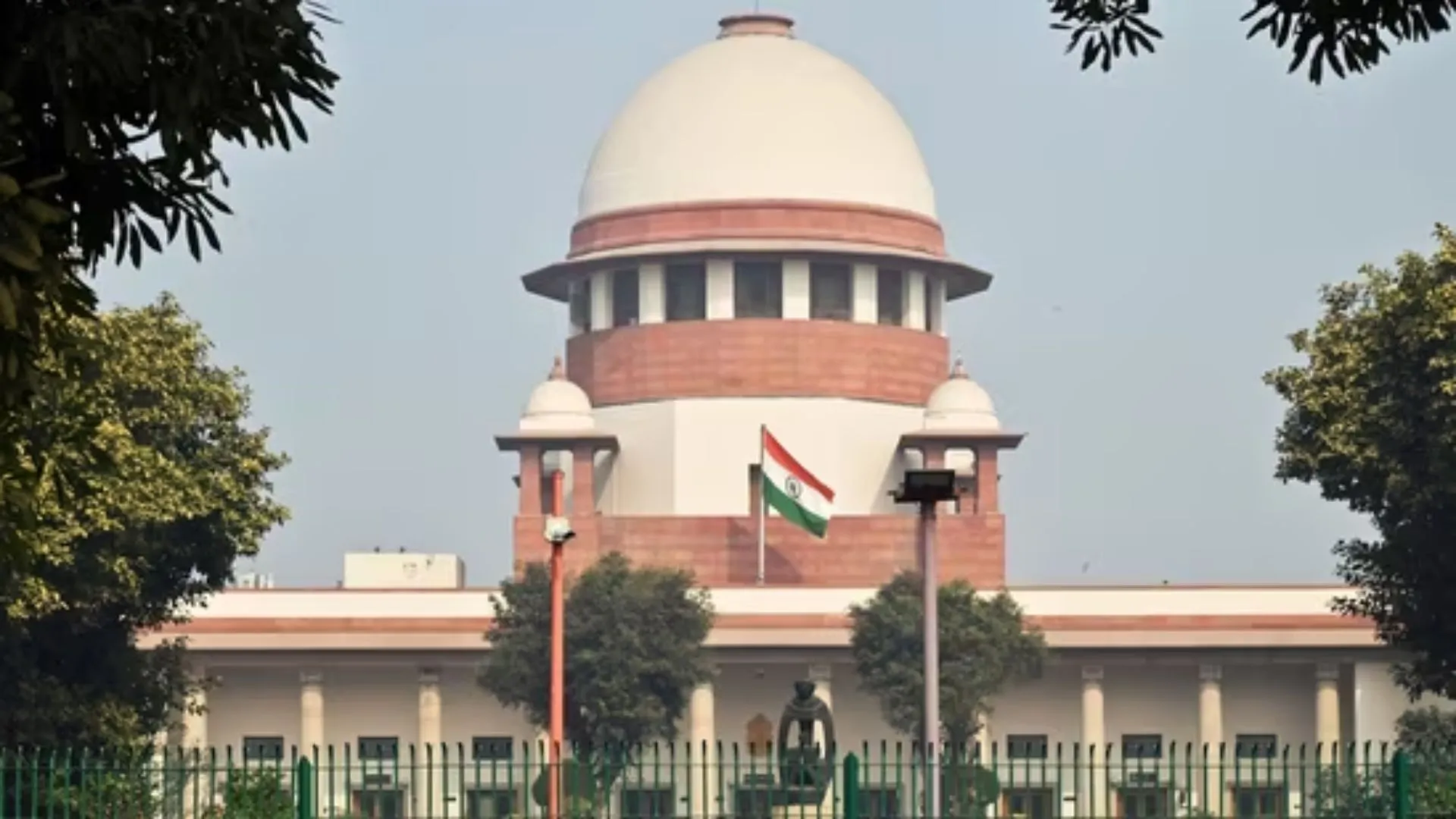In a landmark ruling, the Supreme Court of India upheld the validity of Section 6A of the Citizenship Act, 1955, with a significant 4:1 majority. The judgment was delivered by a Constitution Bench comprising Chief Justice of India (CJI) DY Chandrachud and Justices Surya Kant, MM Sundresh, JB Pardiwala, and Manoj Misra on Thursday.
Background on Section 6A
Section 6A provides citizenship to immigrants who entered Assam from Bangladesh before January 1, 1966. It also stipulates that those who entered the state between January 1, 1966, and March 24, 1971, are deemed Indian citizens, albeit with the restriction of voting rights for a decade. This provision was enacted to recognize a political settlement under the “Assam Accord,” signed on August 15, 1985, by the then Prime Minister Rajiv Gandhi and leaders of the Assam Movement following the Indo-Pakistan War in 1971.
Dissenting Opinion by Justice JB Pardiwala
Justice JB Pardiwala, the sole dissenter in the ruling, expressed profound concerns regarding the implications of Section 6A in light of contemporary circumstances. He acknowledged the validity of the section at the time of its enactment but asserted that it has since become “temporarily flawed.” According to Justice Pardiwala, the original intent of Section 6A was to acknowledge the political settlement, yet it has evolved in ways that could undermine its initial objectives.
In his dissenting opinion, Justice Pardiwala stated, “The legislature could have simply conferred deemed citizenship to anyone who entered before 1971. But the very fact that a statutory category was created from 1966 to 1972 subject to a stricter condition (no voting rights for 10 years) would mean that conferment of citizenship was not the only objective.” He elaborated that this approach was likely aimed at pacifying the people of Assam in the lead-up to elections, thus complicating the issue of citizenship further.
Legislative Intent and Its Consequences
Justice Pardiwala raised critical questions regarding the legislative intent behind Section 6A, arguing that its unique stipulations create an illogical scenario. “It is illogically unique that a person wanting to avail benefits of citizenship under 6A has to wait for being detected and then move to the tribunal to prove the same,” he remarked. He emphasized that this situation contradicts the fundamental purpose of the law, as it places undue burden on individuals seeking citizenship.
He further pointed out that the open-ended nature of Section 6A(3) demonstrates a lack of temporal limits, which discourages individuals from seeking detection as foreigners. Justice Pardiwala argued that this could inadvertently exacerbate the illegal immigration problem in Assam. “Section 6A has acquired unconstitutionality with the outflow of time. No temporal limit for its applicability also weighs in and all the burden on the state to detect and deport adds to it,” he noted.
The Broader Implications of Illegal Immigration
Justice Pardiwala highlighted that Section 6A could potentially contribute to the ongoing issues of illegal immigration in Assam. He acknowledged Justice Kant’s agreement that illegal immigration did not cease in 1985 but pointed out that the prevailing view suggests such immigration cannot be solely attributed to Section 6A. He argued, however, that the inherent problems associated with the lack of a temporal limit and the state’s burden of detection and deportation have substantially contributed to the influx of illegal immigrants.
Moreover, Justice Pardiwala contended that Section 6A does not align with Articles 6 and 7 of the Constitution. He explained the crucial distinction: under Article 6, the onus of registration lies with the individual, whereas under Section 6A, this responsibility falls on the state. “The inherent imbalance in responsibilities between the two provisions raises constitutional concerns,” he asserted.
MUST READ: Jagdeep Dhankhar Inaugurates Meghalaya Skill And Innovation Hub























